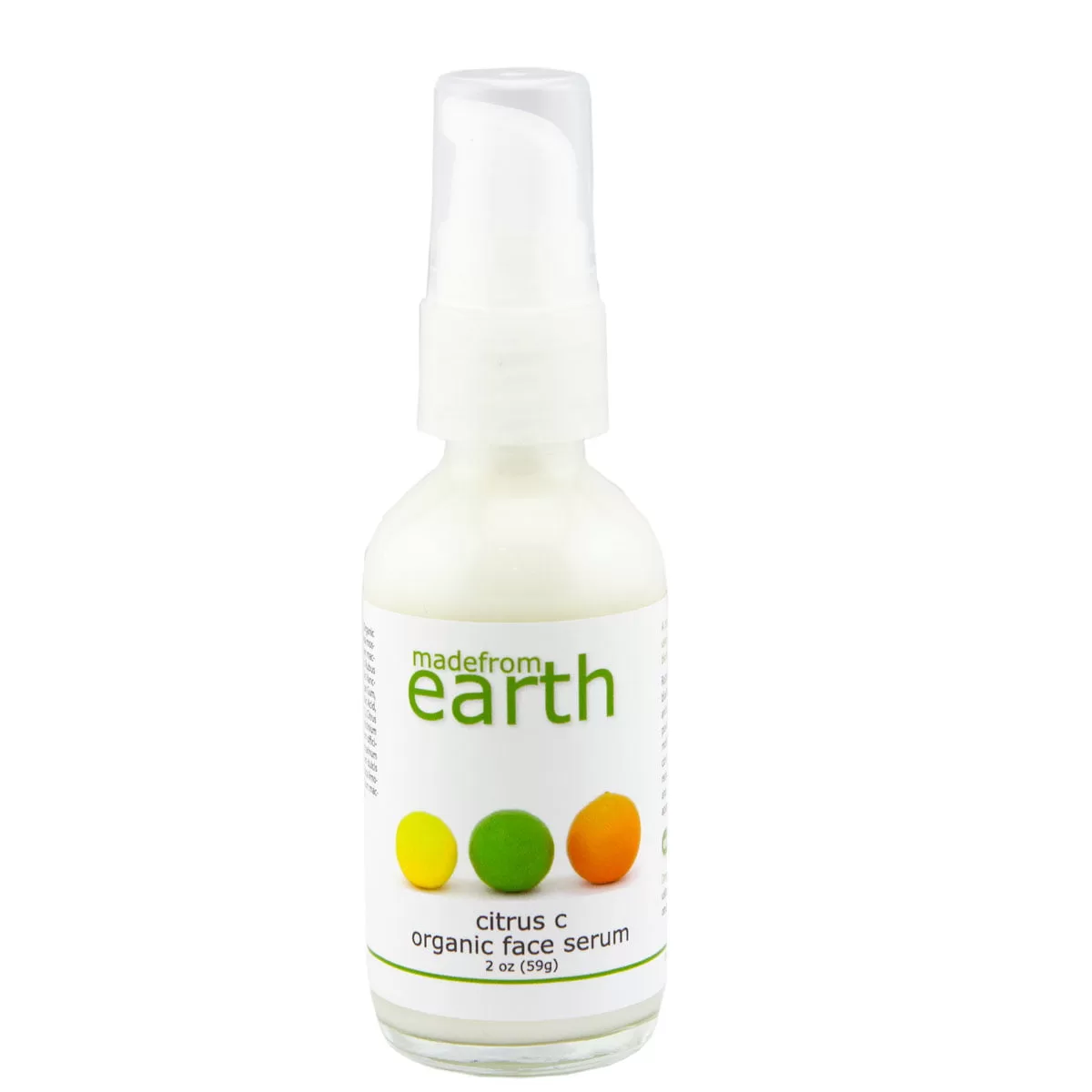Selecting an Appropriate Vitamin C Moisturizer for Oily Skin: Key Considerations
Oily skin is a common skin type characterized by excessive sebum production. Sebum is a natural oil produced by the sebaceous glands that helps to lubricate and protect the skin. However, an overproduction of sebum can lead to a shiny or greasy appearance, enlarged pores, and an increased propensity for acne breakouts. Managing oily skin requires a multifaceted approach that includes gentle cleansing, appropriate moisturization, and the use of non-comedogenic products. Incorporating ingredients like Vitamin C, known for its antioxidant and sebum-regulating properties, can be particularly beneficial for oily skin.
The Significance of Moisturizing Oily Skin
It may seem counterintuitive, but moisturizing is essential even for oily skin. While excess oil is a defining characteristic of this skin type, it’s important to distinguish between oil and hydration. Oily skin can still lack water content, leading to dehydration. When the skin becomes dehydrated, it can trigger a compensatory increase in sebum production, exacerbating the problem. Moisturizing helps to maintain the skin’s hydration balance, preventing this overproduction of oil and promoting a healthier complexion.
Benefits of Moisturizing Oily Skin:
- Hydration: Replenishes the skin’s moisture barrier, preventing dryness and flakiness.
- Sebum Control: Helps to regulate sebum production by maintaining adequate hydration levels.
- Improved Skin Texture: Contributes to smoother, softer skin with less visible pores.
- Enhanced Product Absorption: Prepares the skin for better absorption of other skincare products like serums and treatments.
- Protection: Supports the skin’s natural barrier function, protecting it from environmental aggressors.
Choosing the Right Moisturizer: Opt for lightweight, oil-free moisturizers formulated with humectants like hyaluronic acid and glycerin. These ingredients attract and retain moisture without adding excess oil. Gel-based or lotion-based moisturizers are generally preferred over heavier creams for oily skin.
Addressing the Unique Needs of Oily Skin

Vitamin C and its Multifaceted Benefits for Oily Skin
Vitamin C, also known as ascorbic acid, is a potent antioxidant that offers a wide range of benefits for all skin types, including oily skin. It plays a crucial role in collagen synthesis, wound healing, and protection against environmental damage.
Benefits of Vitamin C for Oily Skin:
- Antioxidant Protection: Neutralizes free radicals caused by UV exposure and pollution, preventing premature aging and skin damage.
- Collagen Synthesis: Stimulates collagen production, improving skin elasticity and firmness.
- Brightening: Helps to fade hyperpigmentation and dark spots, promoting a more even skin tone.
- Sebum Control: Studies suggest that Vitamin C can help to regulate sebum production, reducing excess oil and shine.
- Anti-Inflammatory: Soothes inflammation and redness, making it beneficial for acne-prone skin.
Forms of Vitamin C:
Vitamin C is available in various forms in skincare products, including:
- L-Ascorbic Acid: The most potent and well-researched form, but can be unstable and irritating for some.
- Ascorbyl Palmitate: A more stable and less irritating form, but may be less effective.
- Magnesium Ascorbyl Phosphate: Another stable form that is gentle and effective.
- Sodium Ascorbyl Phosphate: A stable and water-soluble form that is well-tolerated by most skin types.
Vitamin C Moisturizer
- Key Ingredients: Ascorbyl Palmitate (5%), Vitamin E, Jojoba Oil
- Texture: Cream
- Benefits: Nourishing and hydrating, provides antioxidant protection and improves skin tone.
- Suitable for: Those with oily skin who prefer a creamier texture and added hydration.
Vitamin Enhanced Moisturizer
Best use for hydration and renewal.
The Vitamin Enhanced Moisturizer contains powerful antioxidants, bioflavanoids and vitamins that are designed to ultra-moisturize and leave skin feeling fresh, dewy and soft. It contains concentrated amounts of natural retinol, rooibos tea, avocado and skin restoring minerals. 2oz.
Formulation:
- Oil-Free: Choose an oil-free moisturizer to avoid adding excess oil to the skin.
- Lightweight: Opt for a lightweight, gel-based or lotion-based formula that absorbs quickly without leaving a greasy residue.
- Non-Comedogenic: Ensure the moisturizer is non-comedogenic, meaning it won’t clog pores.
| Vitamin C Concentration: | Packaging: |
| Start Low: Begin with a lower concentration of Vitamin C (around 5-10%) to assess your skin’s tolerance. Gradual Increase: If your skin tolerates it well, you can gradually increase the concentration to 15-20%. | Opaque and Airtight: Vitamin C is susceptible to oxidation and degradation when exposed to light and air. Choose a product in opaque, airtight packaging to preserve its potency. |
Always perform a patch test before applying a new product to your entire face

Citrus C Serum
Effective Integration of a Vitamin C Moisturizer into a Skincare Regimen
To maximize the benefits of a Vitamin C moisturizer, it’s essential to integrate it effectively into your skincare routine.
Morning Routine:
- Cleanse: Start with a gentle, oil-free cleanser to remove impurities and excess oil.
- Tone (Optional): Use a toner to balance the skin’s pH and prepare it for better product absorption.
- Vitamin C Serum: Apply a few drops of Vitamin C serum to your face and neck.
- Moisturize: Follow with a lightweight, oil-free moisturizer containing Vitamin C.
- Sunscreen: Always finish with a broad-spectrum sunscreen with an SPF of 30 or higher.
Evening Routine:
- Cleanse: Remove makeup and cleanse your face with an oil-free cleanser.
- Exfoliate (1-2 times per week): Use a gentle exfoliant to remove dead skin cells and promote cell turnover.
- Vitamin C Serum or Moisturizer: Apply a Vitamin C serum or moisturizer to your face and neck.
- Night Cream (Optional): If needed, apply a lightweight night cream for added hydration.
Important Considerations:
- Introduce Gradually: Start by using your Vitamin C product every other day and gradually increase to daily use as your skin adjusts.
chemicals jojoba oil natural oil organic skincare parabens skincare

